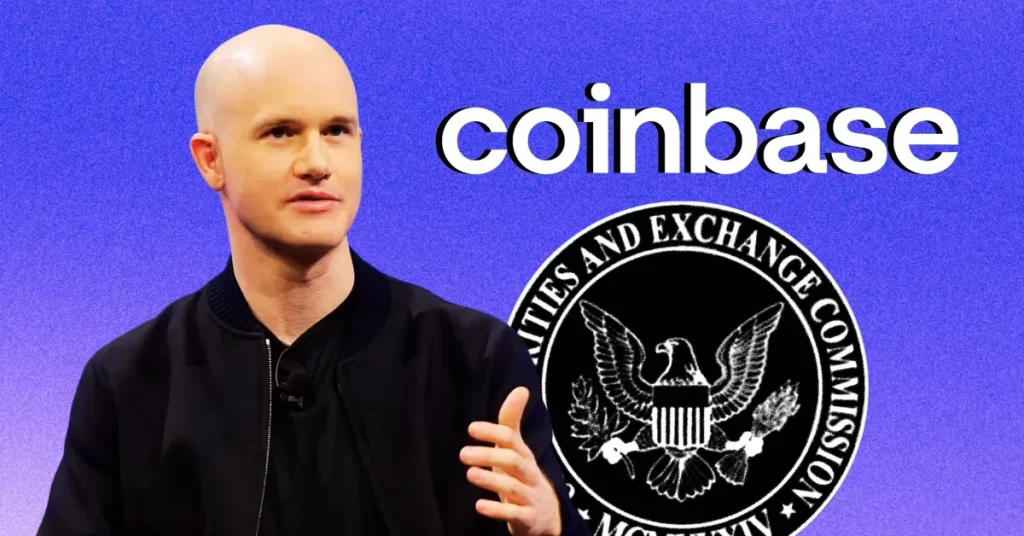The Federal Deposit Insurance Corporation (FDIC) is facing criticism after heavily redacting documents at the request of Coinbase, the popular cryptocurrency exchange. Coinbase had requested information about government actions against the crypto industry, but the FDIC’s excessive blackouts raised suspicions that they may have been hiding important details.
Judge criticizes FDIC actions
On December 12, 2023, Judge Ana C. Reyes criticized the FDIC for failing to comply with a court order and accused the agency of not being transparent. Coinbase had complained that the redactions were so extensive that it was difficult to understand what the FDIC was saying about the government’s actions against crypto. This led the judge to rule against the FDIC, suggesting that they were not open with the court.
Coinbase wonders what is being hidden
Coinbase Chief Legal Officer Paul Grewal shared his frustration on social media, asking, “What is the FDIC trying so hard to hide?” He be that the editors made it seem as if the agency was trying to cover up something. This legal battle is part of a larger concern in the crypto community over government actions against the industry, with some seeing this as part of a broader effort to stifle crypto innovation.
Crypto regulations on check
This case has larger implications for the future of crypto regulation in the US. Many believe this is related to a government initiative called “Operation Choke Point 2.0,” which critics claim is aimed at restricting crypto companies. With the coming leadership changes in the US government, things could be settled quickly. Donald Trump’s victory is a sign of a new beginning for crypto. Additionally, SEC Chairman Gary Gensler and FDIC Chairman Martin Gruenberg have already resigned and Paul Atkin, a pro-crypto figure, will replace Gruenberg. Brian Quintenz, who has a crypto-friendly background, may become head of the Commodity Futures Trading Commission (CFTC).
In this regard, the case of Coinbase and Ripple vs SEC will be the best example of a fair and transparent judgment. This could lead to less government interference and more concrete regulations for the crypto space.

